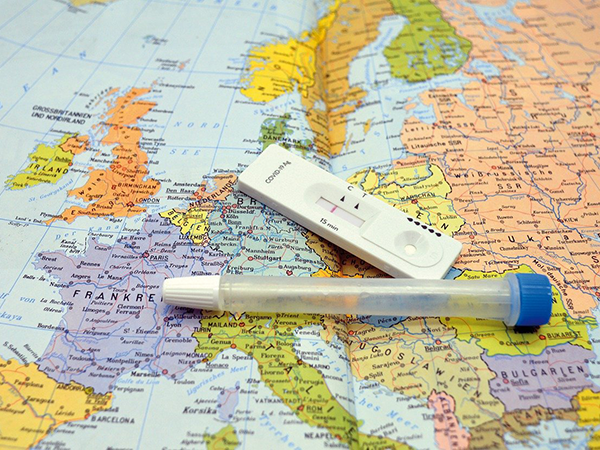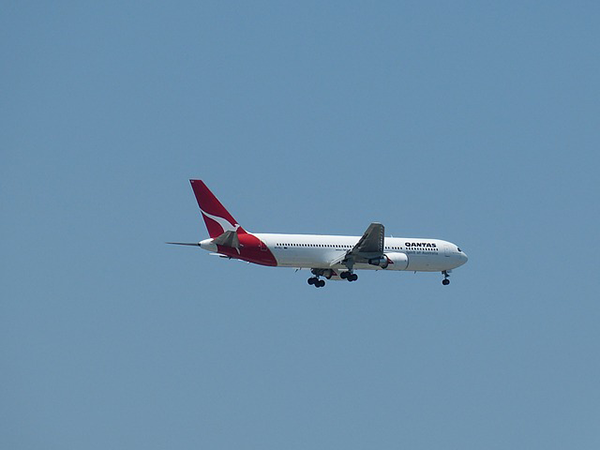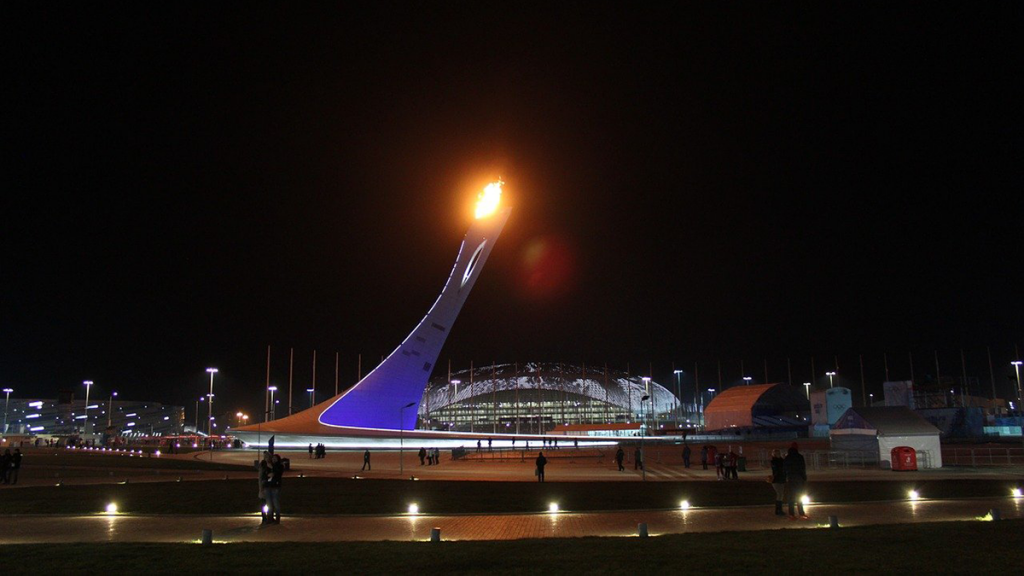In March 2020, the International Olympic Committee (IOC) postponed the 2020 Summer Olympics because of the Covid pandemic. That postponement marked just the fourth time ever that the games have not gone on as scheduled: ESPN says war forced the cancelation of the 1916, 1940, and 1944 Olympics. Now that the Olympics are back on schedule, here’s the latest protocols for travel, fan capacity, athletes, and more.
Traveling to the Games
The IOC and Tokyo organizers announced this March that spectators from outside of Japan will not be allowed to attend. Per Reuters, the IOC will refund some 600,000 tickets, but hotels and airlines are responsible for refunding travel costs.
Reuters first reported on June 8 that the U.S. was easing its travel warnings for several countries including Japan. Now, the U.S. recommends only fully vaccinated travelers visit Japan; before, it recommended no one visit.
Just five days after that revised travel warning, “U.S. President Joe Biden reaffirmed his support for the Tokyo Olympics at a meeting with the Japanese Prime Minister Yoshihide Suga,” Reuters says.
A Japanese government order, however, still bars entry from most countries, except under “exceptional circumstances.” (The order includes the U.S., Canada, and the United Kingdom.)
Competing in the Olympics certainly qualifies as an exceptional circumstance. However, additional protocols stipulate that travelers submit a negative test upon entry. Those guidelines also mandate that visitors from places where the Delta variant is in high circulation to quarantine.

Staying Safe
Per Reuters, IOC chief Thomas Bach says he has “full confidence” in the safety of the Olympics, given that 80% or more of the athletes have been vaccinated.
Reuters also states that athletes must sign Covid liability waivers, which IOC chief operating officer Lana Haddard called “standard practice.”
Additionally, the AP reported in May that vaccine manufacturers Pfizer and BioNTech would donate doses to athletes and officials.
In light of the pandemic and these restrictions, though, the Japan Times reports that over 80% of the Japanese public would support delaying or canceling the games. Nonetheless, the competition is proceeding apace, but things will look remarkably different.
Getting Athletes to the Games
CNN reports that Australia’s softball team was among the first to arrive in Japan after leaving Sydney on May 31. The team will play Japanese clubs and Japan’s national team to get ready for the Olympics.
Australian Olympic Committee chief executive Matt Carroll tells the Australian Financial Review that the country is planning to charter flights to get its athletes to the games due to decreased commercial travel capacity. The paper also states that most athletes will arrive five days before their competition begins and leave 48 hours after it starts.
Per ESPN, Japanese officials are expecting almost 60,000 athletes, coaches, media, and other representatives. NPR pegs that number at closer to 80,000. Either way, the Summer Olympics will be a herculean effort.

Onsite Protocols
NPR lays out some of the rules for athletes: Vaccination is not required, and all athletes are subject to the same rules. They must quarantine upon arrival, pass a Covid test each day, avoid group gatherings, and stay inside their designated “bubble.”
The AP adds that organizers have set up a fever clinic as a first resource for anyone who tests positive.
Moreover, ESPN adds that Japan will impose stricter restrictions on athletes from countries it considers especially high-risk. Athletes arriving from India, Afghanistan, Maldives, Nepal, Pakistan, and Sri Lanka face longer pre- and post-travel quarantines, ESPN says.
Strict rules will bar athletes’ families from attending, but ESPN reports organizers will allow children of nursing mothers.
Uncertainty Looming
Despite all these Covid precautions, a cloud of speculation still hovers over the event. Tuesday, just days before the scheduled start of the games, organizing committee chief Toshiro Muto said a cancelation is still in the cards.
Per ESPN, 67 Covid positives among people accredited for attendance since July 1 and Japan’s low vaccination rate have raised alarms.
According to the most recent day of tracking by Our World in Data, Japan has nearly 3,000 confirmed cases, double the total this time last month. Deaths in Japan have declined by almost half, though, per that same case data. While still relatively low, Japan’s vaccine uptake has doubled over the past month, too.
These concerns come in part due to the rise of the Delta variant. Per Reuters, Delta is now the dominant variant worldwide and is more transmissible than others. Nonetheless, the vaccines remain effective against this latest threat, per the Financial Times’ breakdown of expert commentary and data.
Fan Rules and Stadium Capacity
Assuming the games go on, though, they will still look different. On July 8, the IOC announced that they will not allow any spectators at Olympic events. This decision came after Japan declared a state of emergency in Tokyo, the statement says. This guidance marks a reversal from an earlier decision to allow limited spectators.
(On June 21, the IOC announced that they would limit attendance to “up to 50% of venue capacity, up to 10,000 people” at each event of the Olympics. They would have also required spectators to wear masks at all times and avoid cheering or talking loudly.)
According to polling done by Seton Hall University, 62% of Americans said limited capacity would not make them tune the Olympics out, compared to just 22% who said it would. Additionally, 52% said reduced capacity would not diminish the Olympics’ excitement, while 32% said it would.
Indeed, the one-year delay and these tight restrictions show what a challenge it is to hold the Olympics amidst a pandemic. The Games’ going on is cause for excitement, but the threat of Covid understandably causes some nervousness. Here’s hoping for a safe and exciting competition.
This article first appeared in our biweekly newsletter, the IIFXtra. Sign up below, and subscribe here to access all of IIFX’s insider content and networking opportunities.
[mailmunch-form id=”1036259″]

